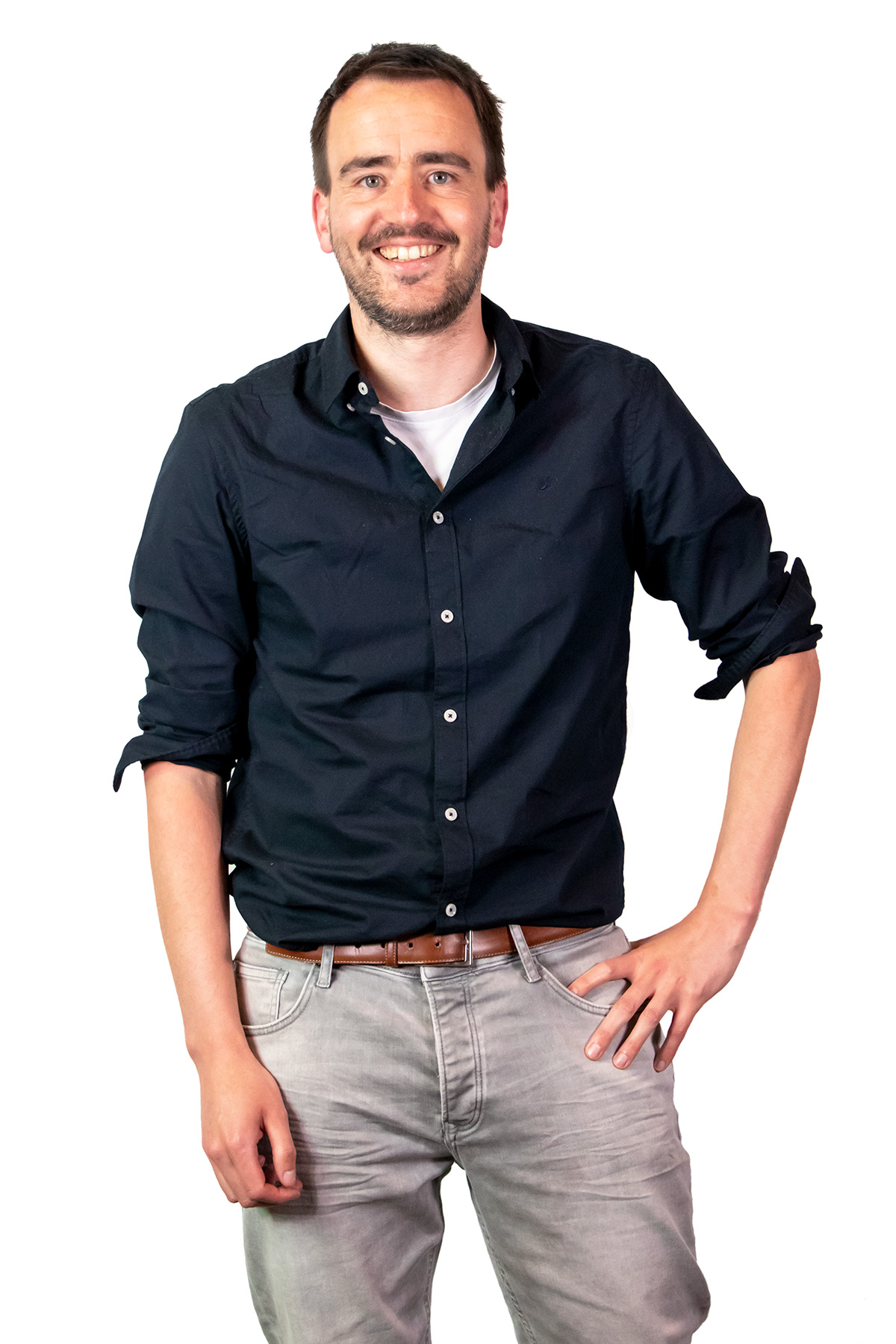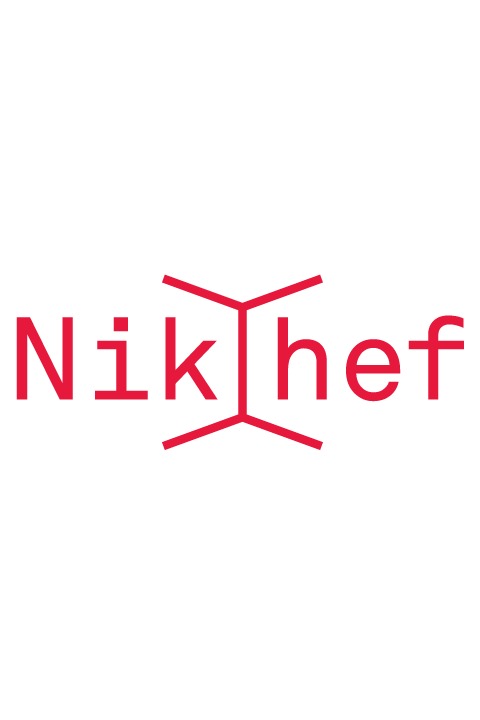An innovative technology for detecting particles, and the mixing rules of quarks: two research proposals from Nikhef receive an ENW-M award. This was announced this week.
In the ENW-M program of science funding body NWO, awarded proposals are given room to realize scientific positions. The two awards to Nikhef proposals involve a total of three appointments.
The PITSTOP proposal comes from two Nikhef researchers: Kazu Akiba and Kristof de Bruyn (Nikhef University Groningen). The proposal will have room for two new appointments. It revolves around using the material silicon carbide in particle sensors. The advantage of silicon carbide technology seems to be its fast response time, good spatial resolution and radiation resistance.
This is important not only in particle detectors such as those at CERN, for example, but also in medical applications such as proton therapy and medical imaging. The researchers will work on a new setup for proton therapy, in which individual protons are tracked. This is done with a view to improving the irradiation of patients with beams of protons.
Theoretical physicist Jordy de Vries of Nikhef and the UvA will be given space to research transitions between the six known types of quarks, so-called quark mixing. Current particle theory describes mixing but in new measurements the patterns do not turn out as predicted. De Vries will develop new calculation methods to better understand quark mixing.

